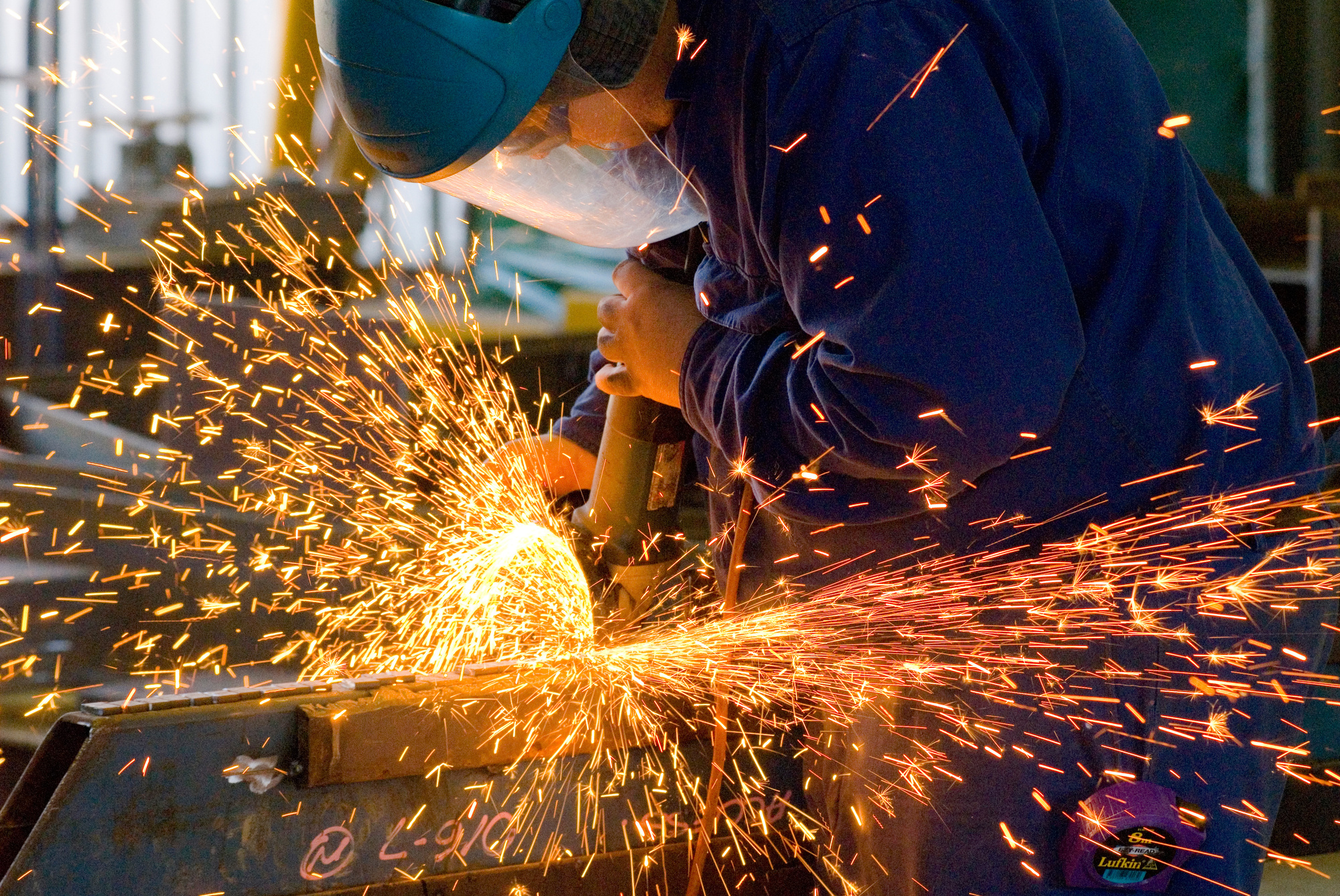Metal vs steel materials is a fascinating comparison. Both have their properties, their areas of use, and their economic niches. They are sometimes hard to tell apart.
Metal and steel are two materials that can seem similar in many respects. Yet, the differences between metal vs steel are many and prominent. These two materials perform vastly different functions and share a complex history.
If you need to understand the differences between metal vs steel better, then keep reading.
What is Metal
Metal is a hard, strong, and durable material that is often used in the construction of buildings and other structures. It is also a conductive material, which means that it can be used to carry electrical currents. Metal is also a reflective material, which makes it an ideal material for mirrors and other reflective surfaces.
What is Steel
Steels are alloys of iron and carbon, and sometimes other elements. Because of its high tensile strength and low cost, it is a major component in:
- buildings
- infrastructure
- tools
- ships
- automobiles
- machines
- appliances
- weapons
Steel is made by Structural Steel Fabricators and has an iron-based metal. Depending on the temperature, it can take two different crystal structures, body-centered cubic, and face-centered cubic.
Key Differences Between Metal vs Steel
Steel is an alloy of iron and carbon, whereas metal is simply a term used to describe a range of element combinations. Steel is also significantly harder than most metals, making it ideal for applications where strength and durability are required. Steel is also more resistant to corrosion than most metals, meaning it can be used in a wider range of environments.
Steel is an iron-based alloy whereas metal can be an iron-based or non-iron-based alloy. As a result, steel is harder and stronger than metal. The most common use for steel is in construction, whereas metal is more commonly used in industrial applications.
Differences in Industrial Demand
There are two types of materials that are commonly used in industrial settings, metal, and steel. Though both are strong and durable, some key differences between the two can impact industrial demand.
Steel
Metal is a more versatile material, able to be formed and reinforced in a variety of ways. It is also less brittle than steel, making it less likely to break or fracture under stress.
Metal
Steel, on the other hand, is cheaper to produce and is often the choice for large-scale projects. It is also more heat resistant, making it ideal for settings where high temperatures are common.
When deciding between metal and steel for an industrial project, it is important to consider the specific needs of the project to ensure the best material is used.
Understanding Between Metal vs Steel is Important
If you’re in the market for new construction materials, it’s important to understand the difference between metal vs steel. Metal is a natural element that is found in the ground, while steel is a man-made alloy that is created by combining iron and carbon.
Both have their unique properties and applications. So, when it comes to deciding which one is right for your project, it’s important to do your research and consult with a professional.
For more helpful reads, visit our blog.

